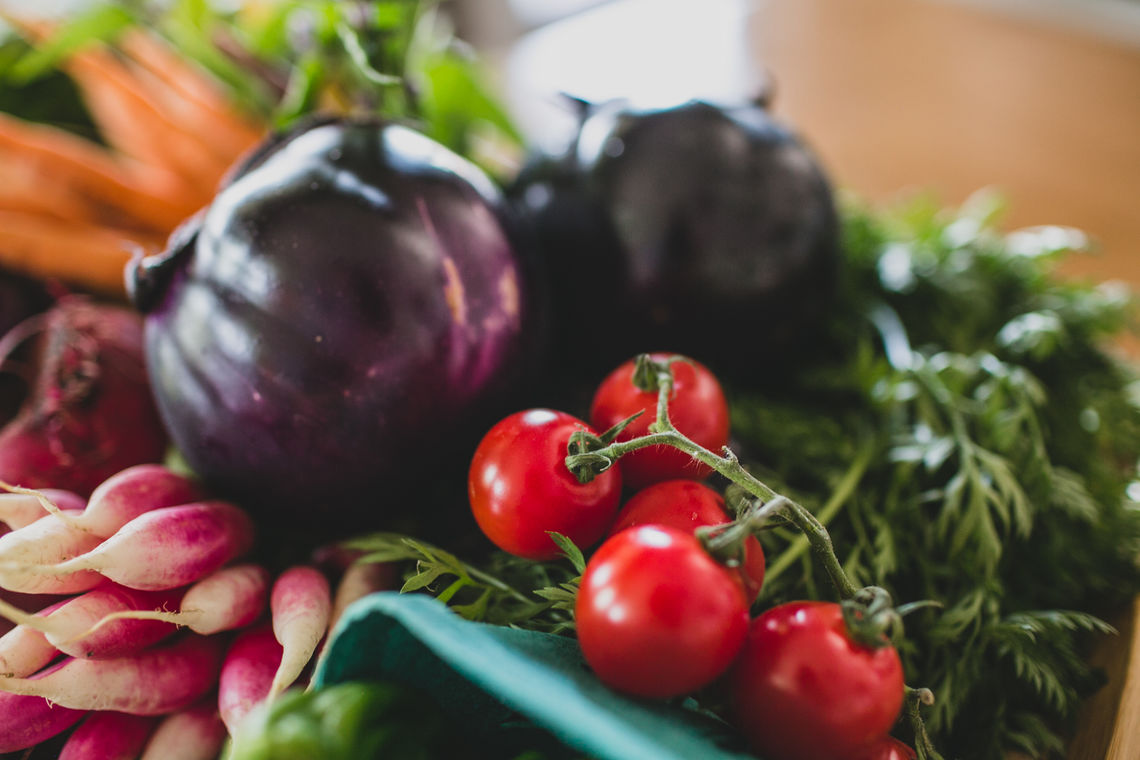5 Immune-Boosting Foods To Have In Your Kitchen
Our immune system is a never-ending tool for researchers to further understand the intricacies. While the phrase “immune boost” may seem broad, evidence-based research has found that healthy lifestyle choices such as ensuring adequate sleep; not smoking; managing stress; exercising regularly; and incorporating nutrient-dense foods all play a role. With nutrition being at the core of many disease states, ensuring a well-balanced diet while eating mindfully is key.
Rev up your immune system year-round and focus on prevention by enjoying these 5 must-have foods:
Greek Yogurt
This mega source of probiotic bacteria stimulates and enhances the generation of white blood cells. Recent research has found that enjoying 6 ounces of greek yogurt daily helps to boost the immunity mechanism and fight infection. Generally, it’s best to opt for the plain and unflavored option in an effort to cut down on added sugar intake and any processed additives, then top with a handful of raw mixed nuts or a few berries. Curious to know the better of the brands in the grocery store? I recommend my clients pick up Siggi’s or Fage.
Citrus Fruits
A 2017 study conducted by the Imperial College London found that eating more fruits and vegetables can lead to a longer life (woo hoo!). Citrus fruits like grapefruits and oranges have been shown to have immune-boosting properties. Regularly opting for these foods can offer a powerful punch of essential nutrients to strengthen your immune system and help to combat a season cold, specifically thanks to Vitamins A, C and E. Vitamin C helps to increase the production of white blood cells in your body that are responsible to fight and guard infections. Although it’s a vital source of nourishment, the human body neither produces it nor stores it. The only way to ensure appropriate absorption is through diet.
In addition, these fruits also offer soluble fiber to help with fullness and blood sugar regulation.
Root Vegetables
Root vegetables like carrots and sweet potatoes (a Grateful Plate favorite!) offer beta-carotene, a precursor of Vitamin A. This brings in the antioxidant properties that serve the same function as ginger (see below!). Cruciferous vegetables like broccoli, brussels sprouts, cabbage, and kale are high in sulfur compounds that help to boost immunity.
As Beth says, “eat well, and don’t forget vegetables!”
Zinc-Rich Foods
Garbanzo beans, chicken, spinach, red meat, and more are all examples of zinc-rich foods. In moderate quantities, this micronutrient is key for the development and daily function of the immune system. See how Zinc can impact human health here.
The body best absorbs nutrients through whole food sources, so it’s always best to opt for natural sources of this micronutrient rather than a supplement (unless advised by your primary care doctor). A bowl of hot chicken soup served with a dash of pepper is an example of a warm, Zinc-rich dish to enjoy year-round. As a bonus, chicken soup has even been shown to have anti-inflammatory properties. The amino acids released during the production of chicken broth helps in thinning the mucus and boost immunity in our bodies. Chicken and turkey are also excellent sources of Vitamin B-6 which help in the production of antibodies.
Ginger and Garlic
The strong flavors of ginger and garlic are the prime ingredients in Indian kitchens and Chinese cuisines, and they’re perfect flavoring options that evidence-based research has shown to support immune health.
Garlic contains sulfur compounds that boost the immune-functions of certain types of white blood cells. It also increases the rate of production of natural killer cells that fight foreign invasions, in addition to having antiviral and antifungal properties that help prevent infections.
A few slices of ginger (served in a medium of honey as a hot tea) pairs well to soothe a sore throat - Consider adding ginger tea to your morning routine year-round! It also has been shown to help an upset stomach and aid digestion. The chemical compounds in ginger help in the removal of toxic substances, including viruses from the bloodstream. It’s also an excellent antioxidant that helps eradicate dangerous free radicals.
Eat to nourish your body.
Chew Well,
Susan Stalte, RD LDN MBA-Candidate
Susan[at]gratefulplatephilly.com
@susanstalte.rd

